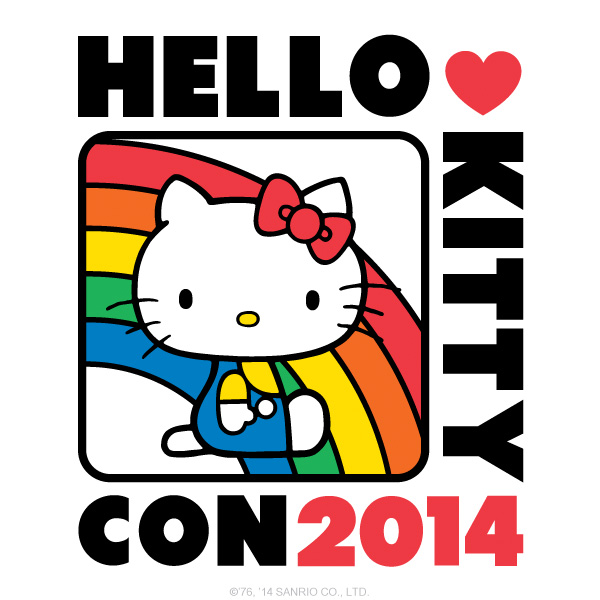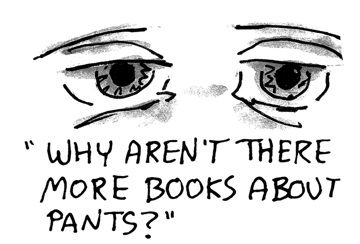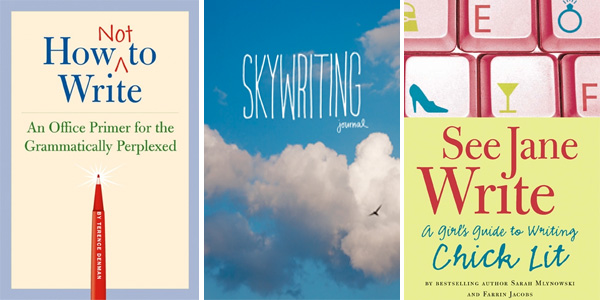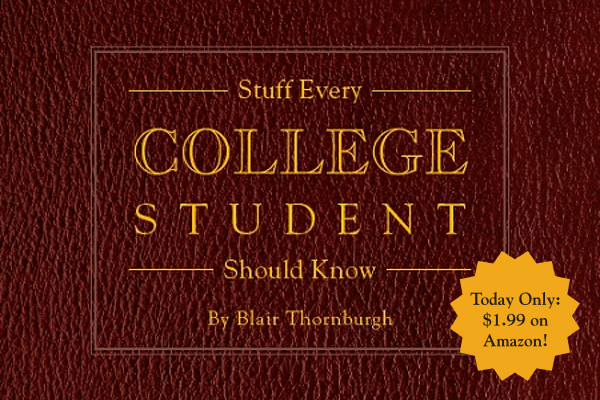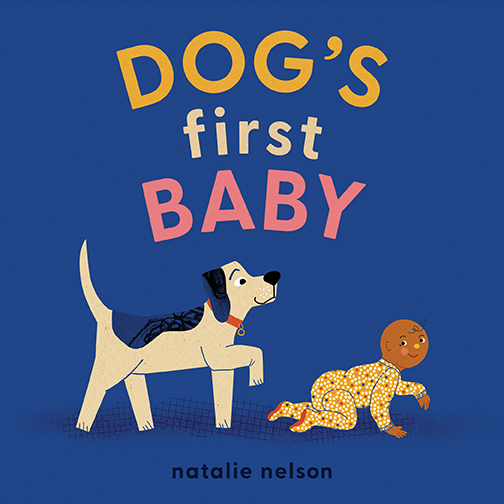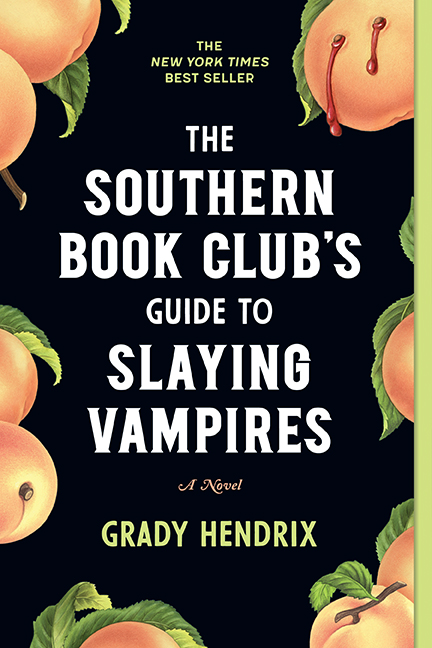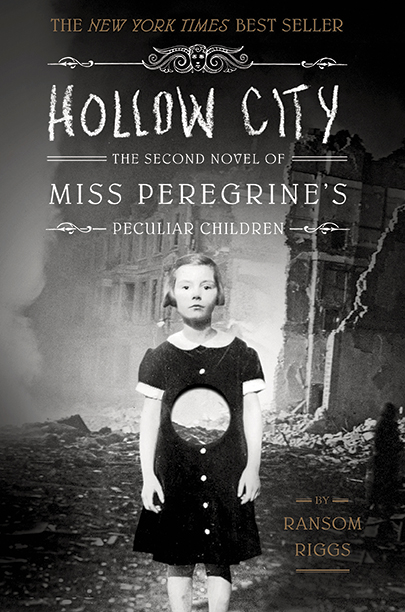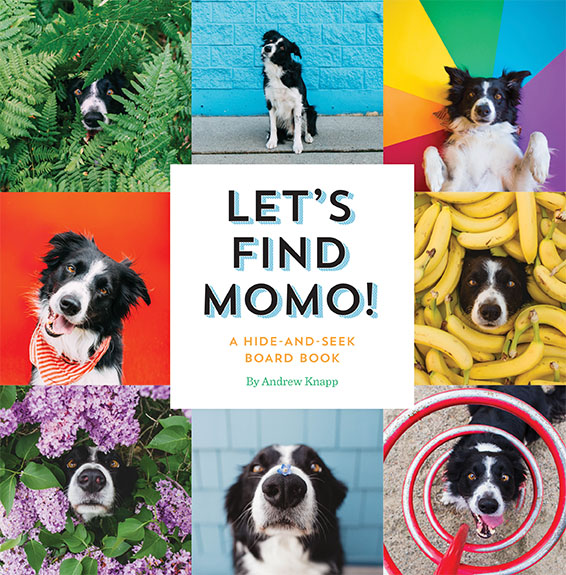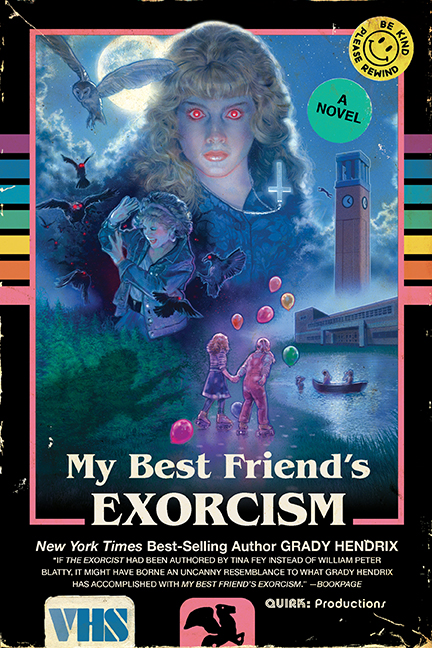Our Blog
Meet Michele Chen Chock at Hello Kitty Con in October!
Get excited, Hello Kitty fans! Quirk Books author Michele Chen Chock is heading to the first-ever Hello Kitty Con on October 30th, to dish out her secrets on how to decorate your very own Hello Kitty cookies from her upcoming cookbook, The Hello Kitty Baking Book.
Planning to attend? Interested in learning how to decorate your own cookies? Act fast! There are a limited amount of seats in each workshop. Details below!
Posted by Nicole De Jackmo
Bookish Events in Philadelphia: September 6th – 12th
Ah, early September. When the cicadas buzz like jukebox dancers at last call, the lattes all turn pumpkin, and the world gets back to business. In addition to enjoying great Philly readings, it's time to get register for workshops and literary good deeds for the year. Your bookish events for September 6-12.
Posted by Lillian Dunn
Five of the Greatest Grandparents in Children’s Fantasy Books
Posted by Alyssa Favreau
Win a Quirk Books Back-to-School Prize Pack!
Happy September!
We sure do have a lot going on here on the ol' Quirk Books blog today. Awesome deals on the Jane Austen Handbook and Yum-Yum Bento Box, a crazy one day deal on Blair Thornburgh's Stuff Every College Student Should Know, and one top secret thing that I totally can't talk about just yet. It starts with "fancy website" and ends with "update."
But we won't stop there. Can't stop, won't stop, as the saying goes.
To welcome in September and the start of school, we're giving away a fancy Quirk Books Back-to-School Prize Pack (Q.B.B.T.S.P.), filled with titles for the aspiring writer and English major. Included in the bundle are See Jane Write, How Not to Write, Stuff Every College Student Should Know, and two notebooks (Walls and Skywriting) to scribble out all your ideas.
And be sure to sign up for the Quirk E. Newsletter to get the inside scoop on giveaways just like this one! We run a lot of SECRET raffles, just for newsletter subscribers.
You can enter the giveaway via the Rafflecopter below. We're giving away FIVE prize packs! Good luck!
Posted by Eric Smith
Stuff Every College Student Should Know Only $1.99, Featured as an Amazon Gold Box Deal
Every now and again, someone who works here at Quirk Books will roll up their sleeves and write a book themselves. Rick Chillot's debut, How to Make Your Baby an Internet Celebrity, is coming out soon, and he's an editor here at Quirk. Our president, Brett Cohen, wrote Stuff Every Man Should Know (also this book and this book).
When she isn't busy editing books and coming up with outrageous blog posts, Blair Thornburgh also likes to write them. Her first book with Quirk, Stuff Every College Student Should Know, came out in March. And today, you can pick it up for only $1.99 on Amazon's epic Gold Box sale.
Grab it for $1.99 here, today only!
Posted by Eric Smith
